WHO SAID
ENGLISH GRAMMAR
WAS BORING?
(in conversation with Yashu S ingh)
STUDENTS
WORKBOOK
FRANCIS A. ANDREW
Copyright 2017 FRANCIS A. ANDREW.
All rights reserved. No part of this publication may be reproduced, stored in a retrieval system, or transmitted, in any form or by any means, electronic, mechanical, photocopying, recording, or otherwise, without the written prior permission of the author.
ISBN: 978-1-4907-8519-6 (sc)
ISBN: 978-1-4907-8520-2 (hc)
ISBN: 978-1-4907-8524-0 (e)
Because of the dynamic nature of the Internet, any web addresses or links contained in this book may have changed since publication and may no longer be valid. The views expressed in this work are solely those of the author and do not necessarily reflect the views of the publisher, and the publisher hereby disclaims any responsibility for them.
Any people depicted in stock imagery provided by Thinkstock are models,
and such images are being used for illustrative purposes only.
Certain stock imagery Thinkstock.
Trafford rev. 10/18/2017
 www.trafford.com
www.trafford.com
North America & international
toll-free: 1 888 232 4444 (USA & Canada)
fax: 812 355 4082
Table of Contents
Yashu: Hello students. And welcome to the workbook of Who Said English Grammar was Bo ring?
Francis: We hope our book has been a success with you and your teachers. Here are the parts of the book that appertain more directly to you.
Yashu: They are the various Tasks that are in the core textbook.
Francis: We hope you will diligently work through the exercises so that you can practice and reinforce what you have learned from your teacher.
Yashu: You can do these alone or in class with the help of your teacher.
Francis: Or, a mixture of both some on your own and others with your teacher. Task 1 of each unit requires you to give a presentation, so that will be done in class.
Yashu: But you can practice alone say, in front of a mirror, or with family, friends and in small study groups.
Francis: We can now legitimately claim that this workbook incorporates not only the four aspects of language reading, writing, speaking and listening, but the additional concept of learning through teaching.
Yashu: We wish you all the very best with your English studies both now and in future years to come.
UNIT 1
The present simple tense
TA SK 1
Each student must come to the front of the class and give a presentation on their daily routines. Try to talk for at least three minutes. As well as affirmative statements, the students should also use negative and interrogative forms. For the interrogative, use both yes/no and wh type questions.
TA SK 2
Write a short paragraph of between 50 and 80 words which describe your daily routine. Make use of negative and interrogative forms. For the interrogative, use both yes/no and wh type questions.
An Amazing Disco very
Episo de 1
Dr. Abhilash Dwivedi is a famous scientist in India. He works at the Calcutta Research Laboratories in the city of Calcutta in the east of India. He is a specialist in Virology and Bacteriology. His name is well-known not only in India but throughout the world.
Abhilashs job is interesting and varied, but there are a number of routine tasks he performs on a daily basis. He gets up every morning at 6 oclock. I eat a small breakfast, he says. I then drive to the laboratory and have a meeting with my staff. We always begin the day with a meeting. They tell me about any problems they have in the laboratory.
People get sick from viruses and bacteria. Abhilashs job is to study these micro-organisms. He and his fellow research scientists want to find out how they behave when they get inside a human being.
Now, there is a plague in Calcutta. People die from the plague every day. No one knows its origins. However, the government says that the bacteria are from Dr. Abhilash Dwivedis laboratory. Abilash denies this. The Ministry of Health in Delhi tells Abhilash that he cannot work as a research scientist anymore because he was careless with his experiments.
Abilash believes that these pathogens come from outer space. He reads the books by two famous scientists, Sir Fred Hoyle and Chandra Wickramasinghe. They strongly assert in their writings that many diseases come from beyond the Earth. Many of Abhilashs fellow scientists laugh at him but he says, I can prove that the theory of Hoyle and Wickramasinghe is correct.
TASK 3 Answer the following questions.
- 1.) Is Dr. Dwivedi a famous scientist?
- 2.) Does he work at the Calcutta Research Laboratories?
- 3.) Does he work in Bombay?
- 4.) Do you know a famous scientist?
- 5.) What time does Abhilash get up?
- 6.) How does he get to work?
- 7.) Where does Abhilesh work now?
- 8.) Who are the two famous scientists Abhilesh reads about?
- 9.) Where do they say many diseases come from?
- 10.) What can Abhilesh prove?
TASK 4 Choose a, b, c or d
- 1.) Abhilash is a specialist in _______ .
a.) laboratories | b.) Virology and Bacteriology | c.) research | d.) routine |
- 2.) ) Abhilash eats ______ .
a.) a big breakfast | b.) a small breakfast | c.) a big dinner | d.) a small dinner |
- 3.) The researchers at the laboratory want to find out how micro-organisms behave when they get inside ________ .
a.) a laboratory | b.) outer space | c.) Calcutta | d.) a human being |
- 4.) There is a _____ in Calcutta.
a.) play | b.) plague | c.) research | d.) routine |
- 5.) Many of Abhilashs fellow scientists ______ at him.
a.) agree | b.) read | c.) research | d.) laugh |
TASK 5 Say if the following statements are true ( T) or false ( F)
- 1.) Abhilash does not believe that diseases come from space. _______
- 2.) Abhilash reads the books of Hoyle and Wickramasinghe. _______
- 3.) Abhilash still works at the Calcutta Research Laboratories. ________
- 4.) Hoyle and Wickramasinge believe many diseases are extraterrestrial. _______
- 5.) Abhilashs fellow scientists take him seriously. _________
TASK 6 Match 1 6 with a f
- 1.) Dr. Abhilash is a famous ____ .
| a.) performs |
- 2.) He works in _____ .
| b.) scientist |
- 3.) His name is famous in _____ .
| c.) meeting |
- 4.) He gets up at _____ .
| d.) six oclock |
- 5.) He has a ___ with his colleagues.
| e.) Calcutta |
- 6.) He _____ routine tasks every day.
| f.) India and the world |
TASK 7 Use your dictionary to find out the meanings of all the new words you have encountered in this unit.
HOME WORK
Go to the internet and try to find out what kind of routines people do in these places. Also say what they do not do. Ask questions about their routines. Ask yes/no type questions and wh questions.
- 1.) At the clinic
- 2.) At the supermarket
- 3.) At the airport
- 4.) At the school
Next page

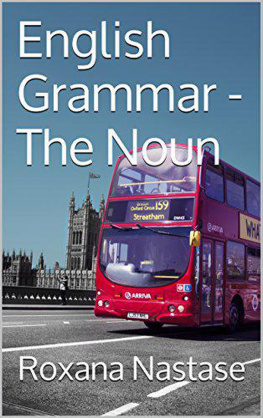


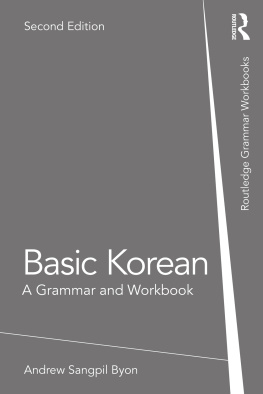
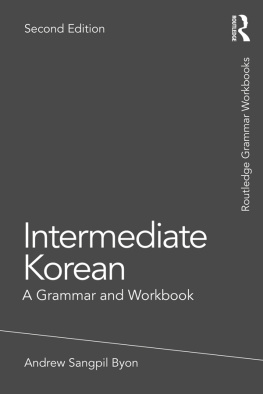
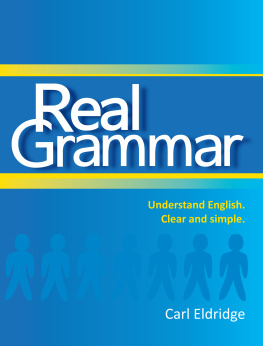
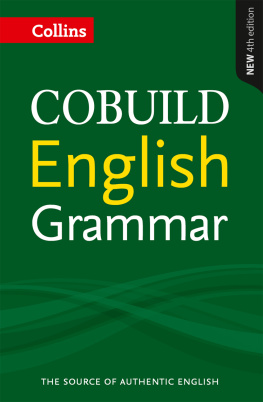
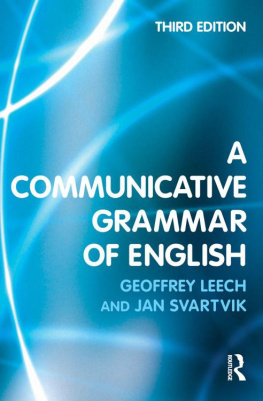
 www.trafford.com
www.trafford.com